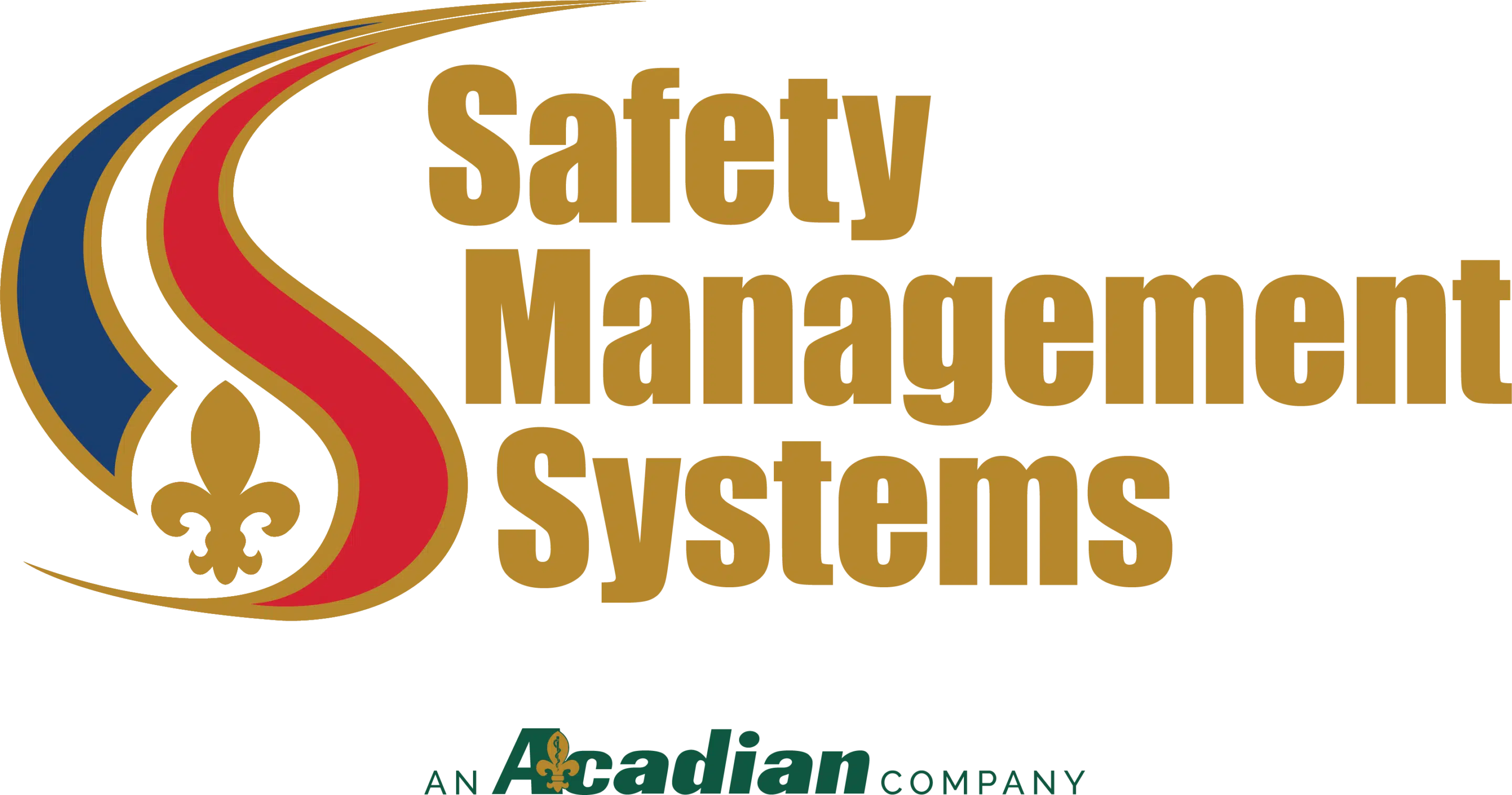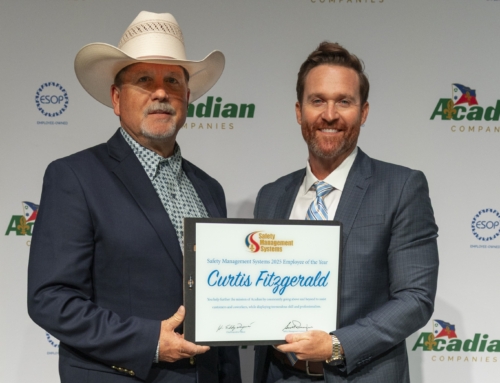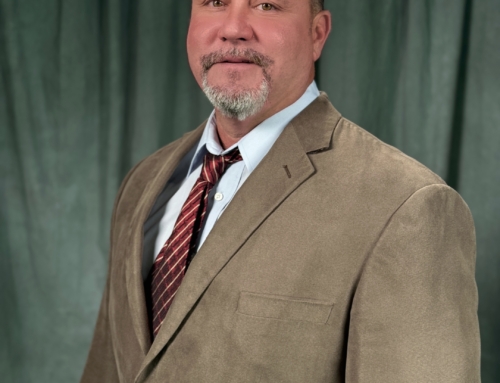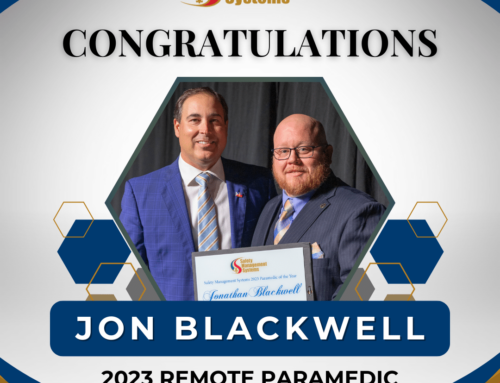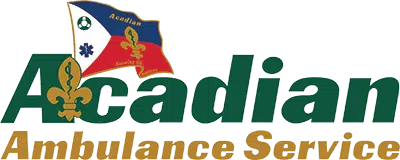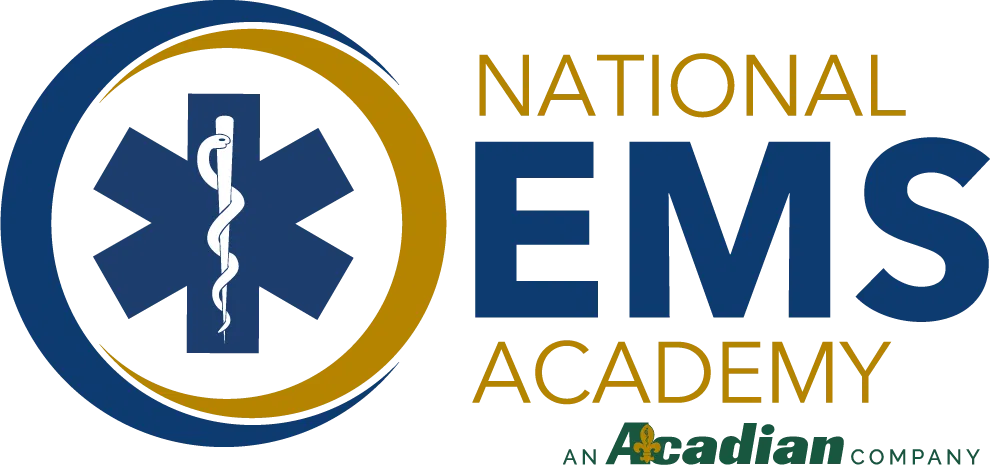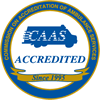
James M Dill of The Dill Law firm
Picture this scenario: You’re in upper management for a large corporation that has a fleet of company vehicles. There are a handful of CDL drivers that work for the company. One day you get a call that one of your rigs rear-ended another vehicle. The person in the other vehicle was injured. Not only was your driver at fault, he was carrying drugs on him. Your company now has to deal with the police, the insurance company, the family of the injured person, criminal charges and ultimately court fees and litigation.
This may sound like a nightmare, but it’s a true story that happened to a client of mine. Unfortunately, these stories are fairly common in the trucking industry. Drivers spend 11 hours a day on the road, eating and sleeping in their trucks. Accidents can and will happen. When they do, the driver is the first to be blamed.
That’s where I come in. At Dill Law Firm, we provide cost-effective legal advice and litigation for companies, and 99% of our work is in trucking defense. If your company has a fleet, an accident will happen; it’s inevitable. I hope you never need to use my services, but if there’s ever an accident, being in compliance will help you win the case. Here’s a bit of insight into how my firm handles an incident. Within 24 hours of an accident, we are on the scene for initial investigation.
We look at the physics of the accident, we talk to all witnesses, we do our own analysis of the scene and get a handle on damages. Our job is to get perspective on how the jury is going to see the case. We then sit down with the family of the injured before they file a claim. We understand that people are leery of lawyers, but we really are trying to do the right thing. Because of this, getting a family to agree to settle out of court works about 30% of the time. In the end, the other 70% end up unhappy due to the years of emotional distress, attorney fees and court costs. Many times these fees end up being more than the initial settlement offer. But at least they start out with options.
Once your company is on trial, it’s important to know the reptilian strategy. It’s based on the popular book, The Reptile: The 2009 Manual of the Plaintiff’s Revolution. The Reptile strategy aims to influence jury decision-making by appealing to the reptilian complex of jurors’ brains. That is, plaintiff counsel uses tactics to activate jurors’ survival instincts in hopes that they will make decisions based on instinct or fear, rather than logic and reasoning.
This is why it’s important to be in compliance. The plaintiffs are looking for any safety violation they can use against you to prove that you are an unsafe company. They look at safety inspections, driver logs, CSA scores, ECM reports, your hiring processes—anything they can find to position your company as unsafe. Did you follow DOT rules to employ the driver? Do you follow Federal Motor and Carrier Safety Regulations? Do you follow your own policies and procedures?
Any time you’re out of compliance, it gives the prosecution something to go after and make a case against you. These guys do it very well. They’ll have experts testify, painting the picture that your company doesn’t care about public drivers. As you can see, it’s extremely important to make sure you’re in compliance at all times.
A great example is from a recent case I won. It was for a small company where the driver had a rear-end collision. The driver was diligent and kept his paperwork together. His truck was in great condition, he documented all his hours of service and he was in compliance with everything. Because of this, the plaintiff attorney had nothing to work with against the driver. We won the case because the driver followed all the rules.
The takeaway? To prevent these ugly incidents from happening, start with good people. If you hire good people, you’re not going to have trouble with compliance. Remember, your employees are your corporate representatives, good and bad. Your company will eventually have an accident, so you’re better off hiring good people in advance. Once on trial, an attorney will always find your weakest link and it will bring the company down. Take the time to set up your systems and procedures to be within compliance.
About the author: A native of Crowley, Louisiana, Jim’s pre-legal experience includes work as both a mechanic and a truck driver. He attended Louisiana State University and received a Bachelor of Science Degree in Business Administration in 1985. Learn more about the Dill Firm at https://www.dillfirm.com/
